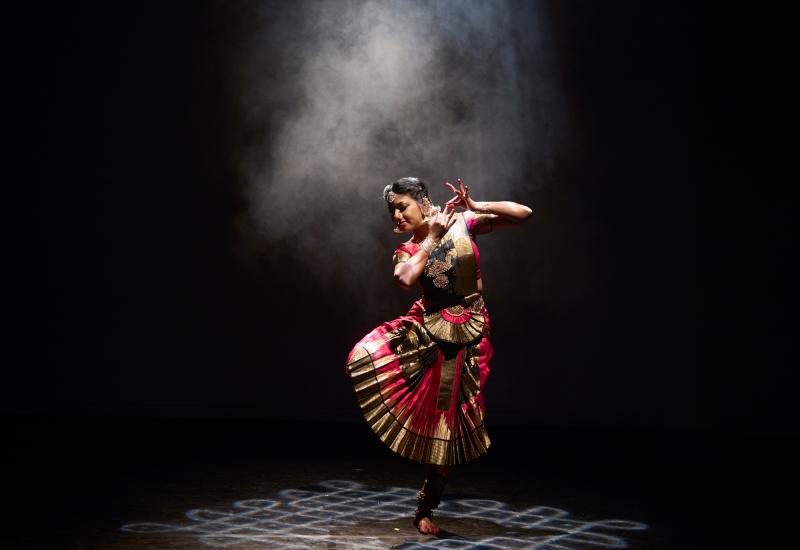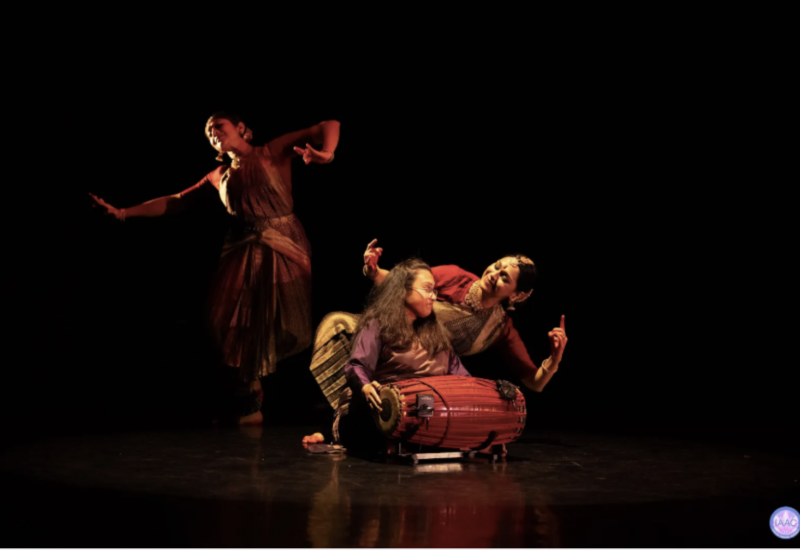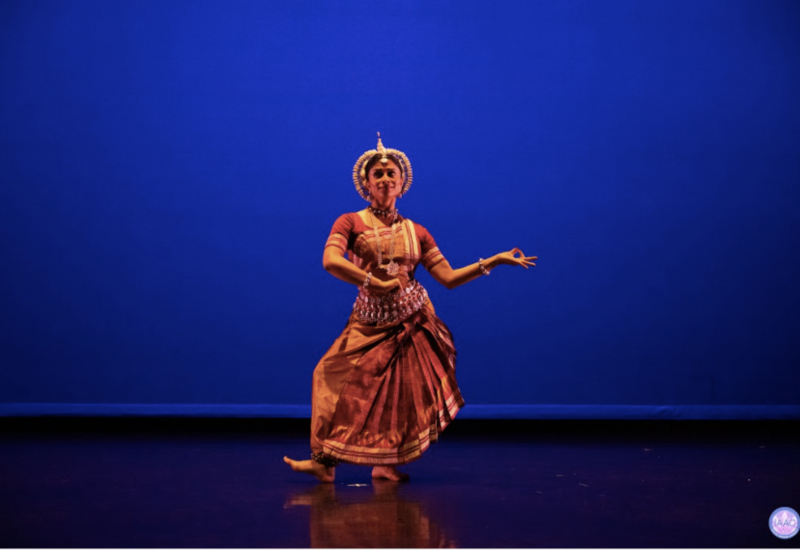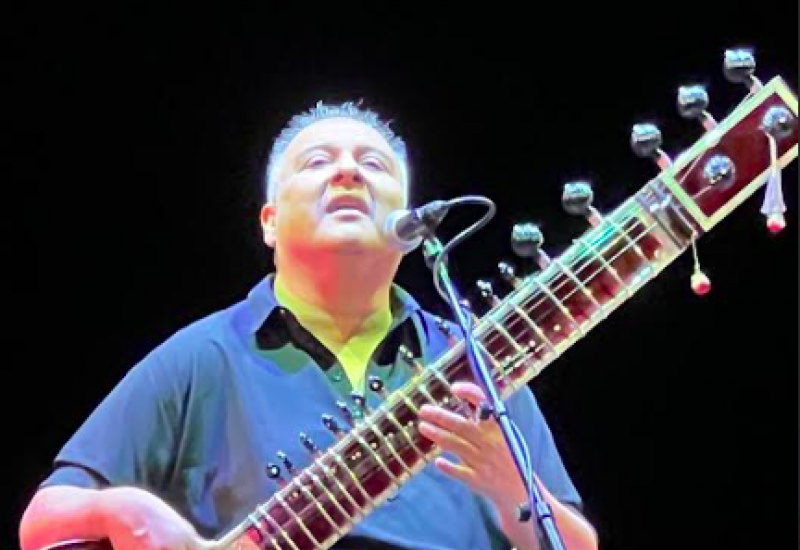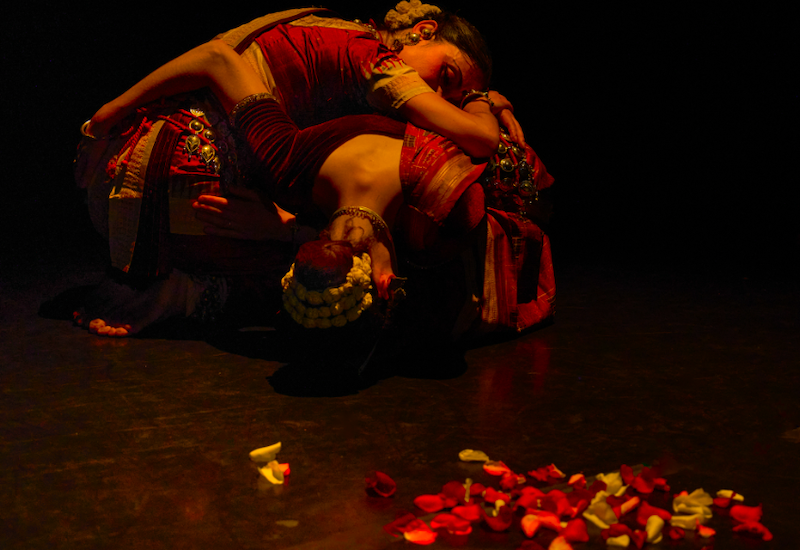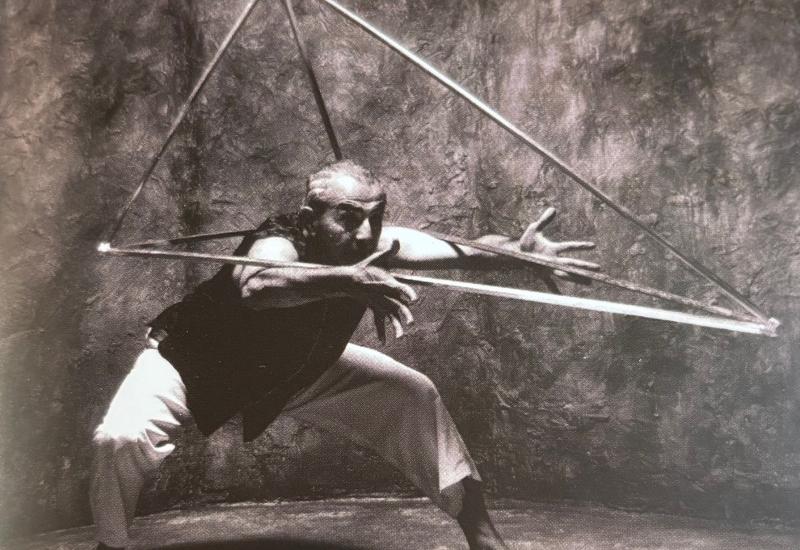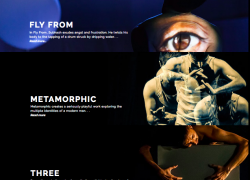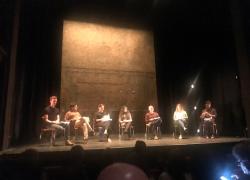Retracing Our Footsteps- Borderline
Borderline
Royal Court Theatre
31st May 2018
Written by Hanif Kureishi | Directed by Kully Thiarai
Reviewed by Ayndrilla Singharay
Part of ‘Retracing Our Footsteps’, three nights of play readings of classic works by British South Asian writers
Growing up London in the 1990s, my family bought me a copy of The Buddha of Suburbia. They wanted to encourage my love of literature and were possibly hoping that the novel may contain some spiritual nuggets of wisdom, that would begin to shape my adolescent mind. Little did they know that Hanif Kureishi’s first novel was a hilarious, unsanitized story about race, sex and the arts, a world away from its charming title. I should have remembered this as I settled into my seat downstairs at The Royal Court, staring at the arrangement of seven empty chairs onstage against the backdrop of nothing but a bare brick wall. But Kureishi surprised me again with the opening of his 1981 play Borderline, where teenagers Amina and Haroon are, in no uncertain terms, about to have secret sex against a wall in defiance of Amina’s overprotective father. The language was coarse, the way real teenagers speak and the scene was absurdly funny because it typified the situations British-Asian teenagers have found themselves in for decades and find themselves still. Caught in a strange limbo between two conflicting cultures, making up their own rules as they go along.
‘Borderline’ was borne out of workshops and interviews with real British Asians living in Southall in the early 1980s. Racist attacks were commonplace and The National Front were holding meetings in the area, protected by police. In response to the violence, British Asian Youth Movements were growing to counter-protest the discrimination and abuse Asian people were facing on the streets.
In Borderline, this mood is captured through the eyes of a large and diverse ensemble of characters, drawn from the contributions of the real workshop participants and ably played by a strong cast. Amina is a young British-Pakistani woman making the best of her relationship with Haroon before her father can arrange her marriage. Kureishi looks at the problem of arranged marriage for this new generation and how the sense of obligation can overwhelm young people and create a situation where they feel forced. ‘These marriages are prostitution,’ says Haroon, long before the issue of forced marriage had reached the sensationalised pages of the UK media. Kureishi sensitively paints the complex emotional entanglement between Amina and her family and shows that force can often be the result of a quiet process, built over a lifetime.
The play also portrays the difficulties of more recent migrants to the UK. Ravi is a naive young man from India, heartbreakingly hopeful about what England will offer to him. ‘England’s a cemetery,’ says one young man to a disbelieving Ravi, reflecting the disappointment experienced by so many of the characters. When Ravi comes to learn this through exploitation and violence it is like a self-fulfilling prophecy. Ravi teeters on the brink of becoming a comical stereotype at times, playing the part of the sacrificial lamb whose good nature will inevitably be taken advantage of.
Banoo, Amina’s mother, is another character who has been worn down by her treatment in England. It becomes clear that she is struggling with depression and she is starting to articulate it - ‘I like to go out in the rain. Less people.’ Initially Banoo appears to fulfil the tropes of a typical Asian housewife; looking after the family and remaining largely passive. Repeatedly silenced by her husband Amjad, it is Susan, the English journalist, who gives Banoo a space to begin recording her testimony and we begin to see glimpses of Banoo that are removed from the stereotype. The presence of the tape recorder encourages her to speak more freely and engage with her feelings. Kureishi highlights the importance of documenting individual experiences and in a sense he is doing with the play what Susan is doing with her tape recorder - attempting to capture the raw truth of these experiences. Susan’s attempts to represent the community do not go without comment, however. ‘White people would like to make an exhibition of my misery,’ says Amjad, Amina’s father. ‘You take our voice, replace it with your own,’ says Anwar, the leader of the British Asian Youth Movement. I wonder if this could be an echo of Kureishi’s own dilemma. Although he is of South Asian descent, the responsibility of representing someone’s voice feels weighty and Susan’s position, always on the outskirts, seems to reflect this concern throughout the play.
Borderline was considered quite shocking in its time and banned from being performed in certain areas. While the truth of South Asian experience may no longer hold the same shock value it did thirty years ago, many of the issues remain unresolved. The characters of Borderline are not ghosts of the past, they are currently living and breathing in 2018, fighting many of the same battles against racist violence, forced marriage and exploitation. Yasmin Alibhai-Brown, who chaired the post-show discussion, described being spat at on a London bus post-Brexit and told to go home. Only a month ago there was a fascist demonstration in Hyde Park. Resistance will look different in today’s interconnected world but it is clearly needed more than ever. Kureishi suggests that the white media cannot speak for the community. Hearing these voices on stage tonight was a reminder that this type of theatre is a powerful way for the community to speak for themselves in a way that is open, inclusive and unsanitized.









